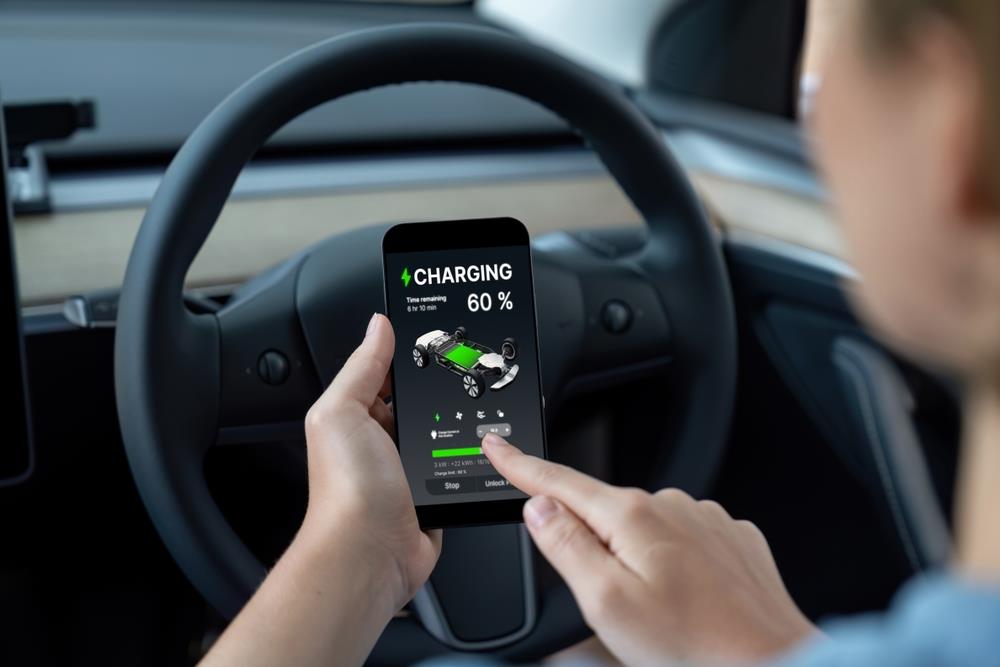
In an era marked by a growing environmental consciousness, the choice between electric cars and hybrid vehicles has become a focal point for eco-conscious drivers. As the automotive industry undergoes a transformative shift towards sustainable alternatives, consumers are left pondering which option aligns best with their values and practical needs. This article aims to dissect the Electric Car vs. Hybrid debate, exploring the environmental impact, cost considerations, and overall driving experience to help eco-conscious individuals make an informed decision.
Environmental Impact
One of the primary motivations for choosing an electric or hybrid vehicle is the desire to reduce one’s carbon footprint. Electric cars are lauded for their zero-emission nature, running solely on electricity stored in batteries. This makes them an appealing choice for those committed to minimizing air pollution and dependence on fossil fuels. On the other hand, hybrids combine an internal combustion engine with an electric motor, offering a compromise between traditional and electric propulsion.
While hybrids are more fuel-efficient than conventional vehicles, they still emit greenhouse gases. Electric cars, on the contrary, produce no tailpipe emissions, contributing significantly to a cleaner and greener environment. For the eco-conscious driver prioritizing a minimal environmental impact, an electric car might be the preferred choice.
Cost Considerations
Affordability plays a crucial role in the decision-making process, and the initial cost of purchasing an electric car can be a deterrent for some consumers. Electric vehicles often come with a higher upfront price compared to their hybrid counterparts, largely due to the expensive battery technology. However, it is essential to consider the total cost of ownership, factoring in savings on fuel and maintenance over the vehicle’s lifespan.
Hybrids, being a compromise between traditional and electric technologies, are generally more affordable than fully electric cars. They also offer better fuel efficiency, potentially resulting in lower long-term operating costs. For budget-conscious eco-drivers, hybrids provide a pragmatic alternative that balances environmental concerns with financial considerations.
Driving Experience
The driving experience is a crucial aspect of the Electric Car vs. Hybrid debate. Electric vehicles are renowned for their smooth, silent rides and instant torque delivery. The absence of a traditional internal combustion engine eliminates noise pollution and provides a serene driving environment. Additionally, electric cars often boast impressive acceleration, delivering a thrilling and responsive driving experience.
Hybrids, while offering improved fuel efficiency, may not match the pure electric driving experience. The reliance on an internal combustion engine at times can lead to a less seamless driving encounter compared to electric vehicles. However, hybrids provide the advantage of extended range and flexibility, as they can switch between electric and gasoline power, making them a practical choice for longer journeys.
Charging Infrastructure
The availability and convenience of charging infrastructure play a pivotal role in the feasibility of electric vehicles. While charging stations are becoming more prevalent, they may still be less accessible in certain regions compared to traditional gas stations. The time required for a full electric charge can also be a consideration for those with busy lifestyles.
Hybrids, benefiting from a dual power source, eliminate the range anxiety associated with electric cars. Drivers can rely on gasoline when electric power is depleted, providing a sense of security and flexibility, especially on long journeys. For eco-conscious drivers who prioritize convenience and versatility, a hybrid may be a more practical choice click here.
Conclusion
In the Electric Car vs. Hybrid showdown for the eco-conscious driver, the choice ultimately hinges on individual priorities and preferences. Electric vehicles offer zero-emission driving and an unparalleled green footprint, ideal for those prioritizing environmental impact. On the other hand, hybrids provide a compromise that balances sustainability with affordability and convenience.
As technology advances and charging infrastructure improves, electric cars may become an even more compelling choice for eco-conscious drivers. However, for now, the decision rests on factors like budget, driving habits, and the availability of charging infrastructure. The ultimate choice between electric and hybrid vehicles lies in finding the right balance that aligns with both environmental values and practical considerations.
